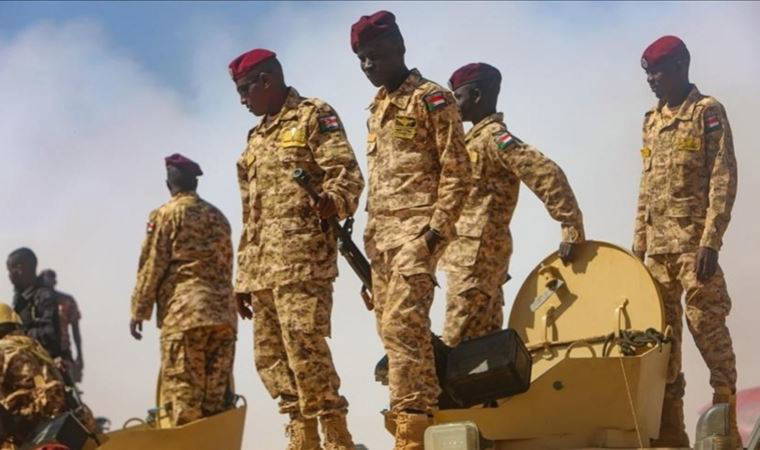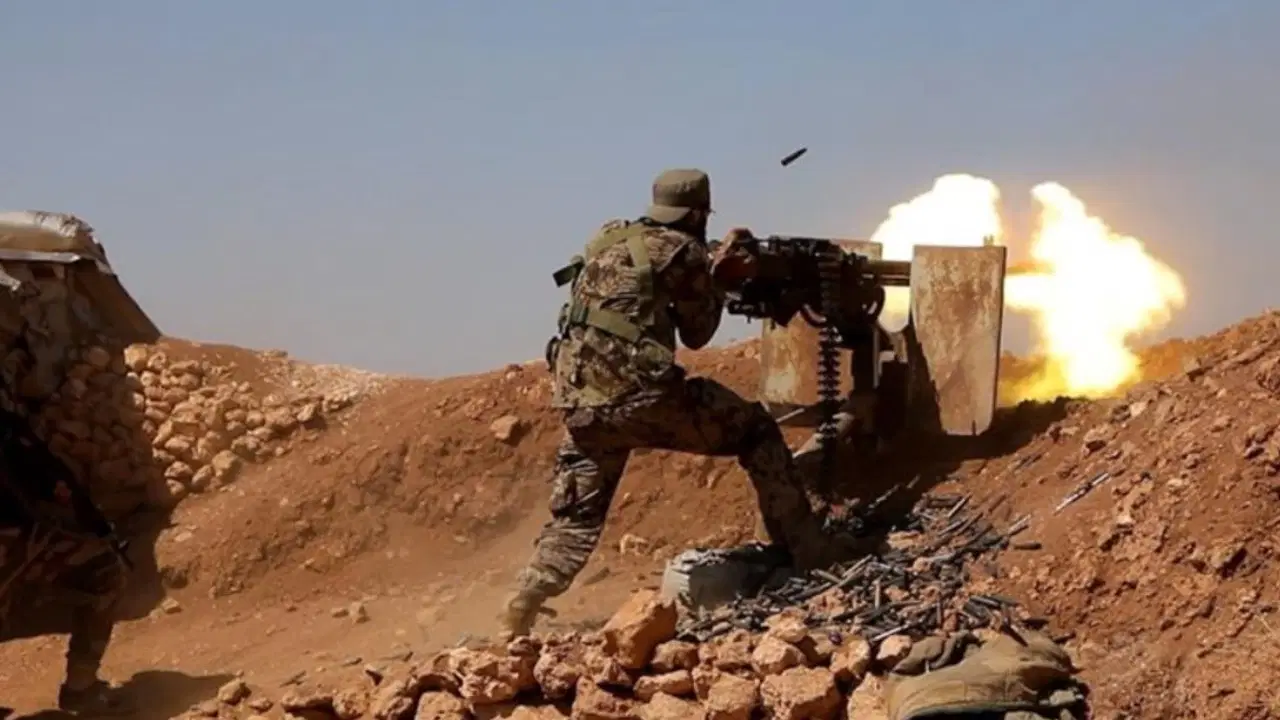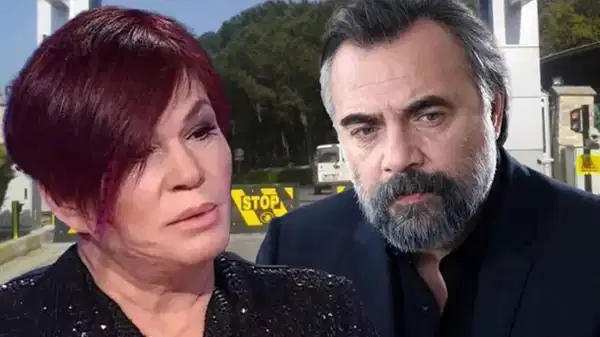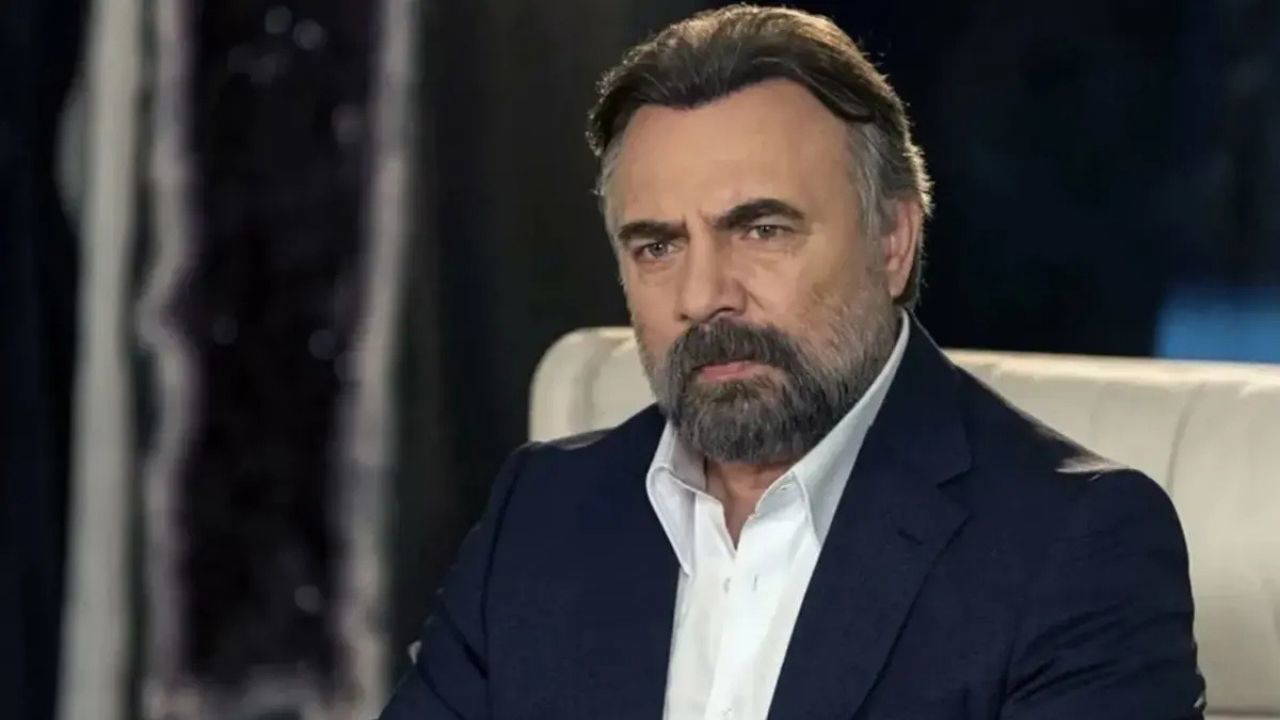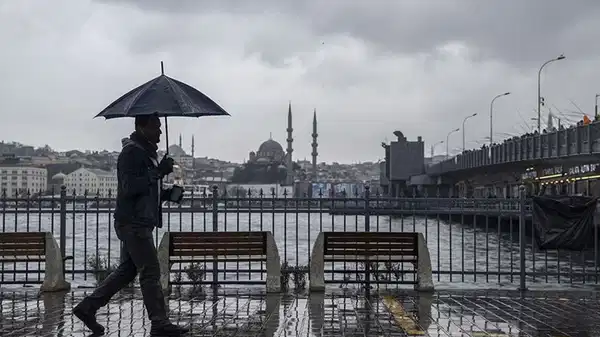In three questions, Prof. Dr. Enver Arpa explains the background of the conflict in Sudan with possible consequences in the future.
WHAT IS HAPPENING IN SUDAN?
The Sudanese people took to the streets in late 2018 when the ousted leader, Omar al-Bashir, raised the prices for some goods such as bread and fuel.
Sudan's military overthrew Omar al-Bashir, who ruled Sudan for 30 years in April 2019.
Later, the military refused to hand over power.
Forces of Freedom and Change consisted of groups that participated in the pro-democracy protests, and the Sovereignty Council, made up of military members, was established following the coup.
Gen. Abdel Fattah al-Burhan became the head of the council, with Rapid Support Forces (RSF) leader Mohamed Hamdan Dagalo as his deputy.
A semi-civilian government was formed with important ministries such as the Ministry of Interior and the Ministry of Defense controlled by the army.
Working under the shadow of the Sovereignty Council, Prime Minister Abdalla Hamdok's government had failed to run the country and step down.
The Sovereignty Council then engaged in a hidden power struggle.
Gen. Abdel Fattah al-Burhan and RSF leader Dagalo applied some policies to curtail the power of each other.
Al-Burhan often advocated for the unification of military forces under one umbrella, while Dagalo strongly opposed this, believing it would reduce his power.
The military signed a "framework agreement" with dozens of civilian leaders in December 2022. This agreement expects to implement the unification of the army, making Dagalo unsettled.
The power struggle between Dagalo and al-Burhan turned into an armed conflict on April 15. The fighting erupted in Sudan's capital, Khartoum, and quickly spread to many regions, including North Darfur and Darfur.
What is the background of the conflict in Sudan?
Military has ruled Sudan for the majority of its independence since 1956 and it has been sometimes ruled by a military-backed civil government.
Holding power for the longest time in the country, Omar al-Bashir came to power through a military coup.
Although he held elections in the last years of his reign, the army, which he was also the general commander of, was his greatest supporter.
After al-Bashir was overthrown, the military had to share power with civilians, but then the military took control.
The Rapid Support Forces, originally established as an unofficial military force called Janjaweed during the al-Bashir term to fight against rebel groups in Darfur, was later incorporated into the security system of the country.
These military forces were mostly founded and led by the Dagalo family as Mohamed Hamdan Dagalo and his brother have great authority in running this force.
Because the members of the force were carefully selected by the Dagalo brothers, they showed a strong loyalty to this family.
After being incorporated into the security system, these forces were granted an autonomous structure and legal status.
The Rapid Support Forces not only served as a military group but also engaged in various economic activities.
It has been claimed that the Dagalo brothers operated gold mines in Darfur and made significant profits from them as they also received support from some Gulf countries.
The autonomous structure, economic opportunities, and international support of the Rapid Support Forces under the helm of Dagalo makes it operate within the Sudanese security system as an independent force, disregarding the official army's command structure.
The "framework agreement" between the Sovereign Council and civilians, which contains provisions that will eliminate the Rapid Support Forces' influence within the Sudanese security system, has uncovered the power struggle between al-Burhan and Dagalo.
It is undoubtedly clear that some regional and global actors have been involved in this disagreement while Al-Burhan's warning that external interventions should not be involved in resolving this disagreement is a sign of this.
Some Gulf countries supported Dagalo because they were not satisfied with al-Burhan, who is known for his conservative views.
Al-Burhan was not willing to engage in harsh measures to eliminate the bureaucracy associated with the Islamic Movement, on the contrary, he nullified some of the measures taken by the Hamdok government.
For instance, most of the ambassadors who were removed from their positions during the Hamdok era returned to their posts due to the decisions made by the courts.
Hamdan Dagalo is trying to gain international legitimacy by claiming that El-Burhan has a radical religious understanding in his attempted coup.
What are the possible scenarios in the future?
The Rapid Support Force does not have air units or heavy weapons, but its forces can be quickly mobilized.
Although it has received support from some foreign countries, it is not expected to defeat the army, which has all combat elements.
In fact, it has been understood over the past period that it has not been able to achieve a performance that can take over the administration throughout the country.
Despite the Rapid Support Force's intention to take over the administration in the form of a military coup by taking control of symbolic places of sovereignty such as the Presidential Palace, General Staff Headquarters, and the national television building, it seems that it has failed to do so.
However, it is not easy for the army to gain victory in these conflicts taking place in the form of urban warfare.
It will not be easy to gain control in a short time over RSF, which has a high mobilization capability.
However, despite all the difficulty, it is a strong possibility the army will break the power of the Rapid Support Force in the coming days. The Rapid Support Force would move its forces to Darfur, where they can find more support and continue the fight.
Of course, the intervention of the international community can also be decisive in this regard. Al-Burhan may possibly agree to a compromise under increased pressure.
*Opinions expressed in this article are the author's own and do not necessarily reflect the editorial policy of Anadolu.











